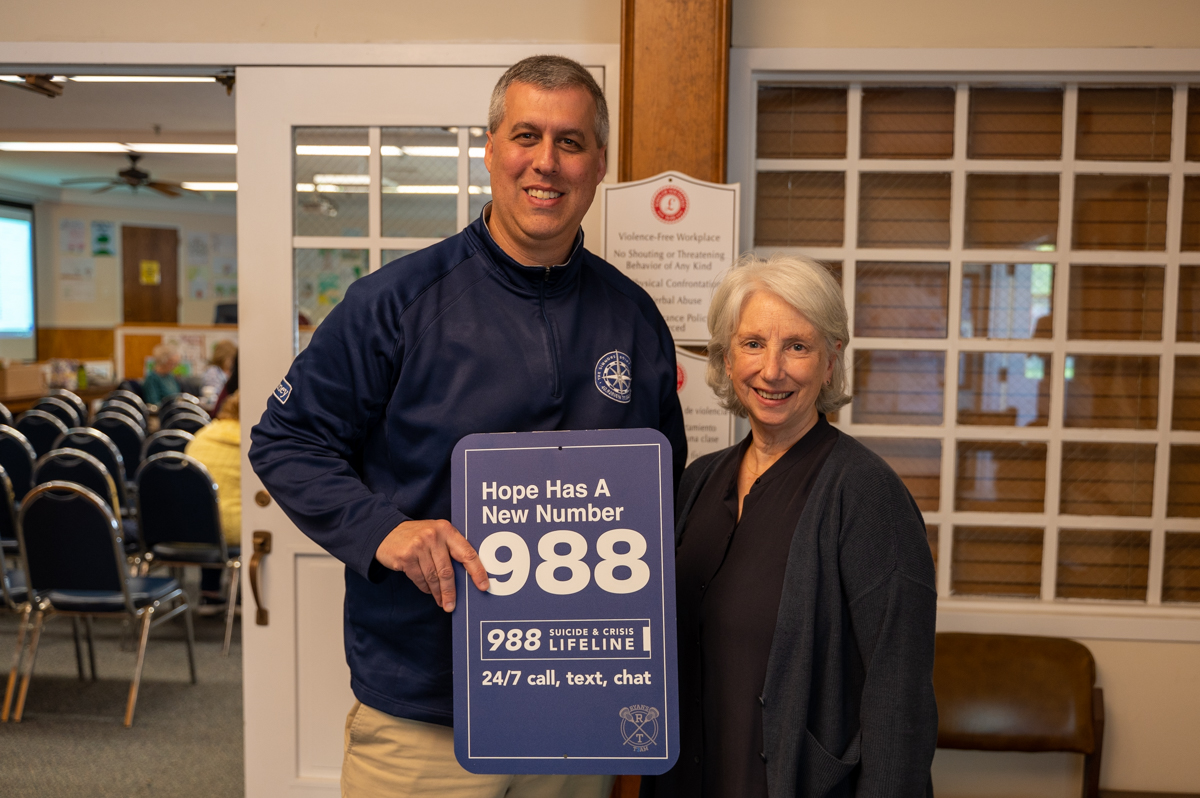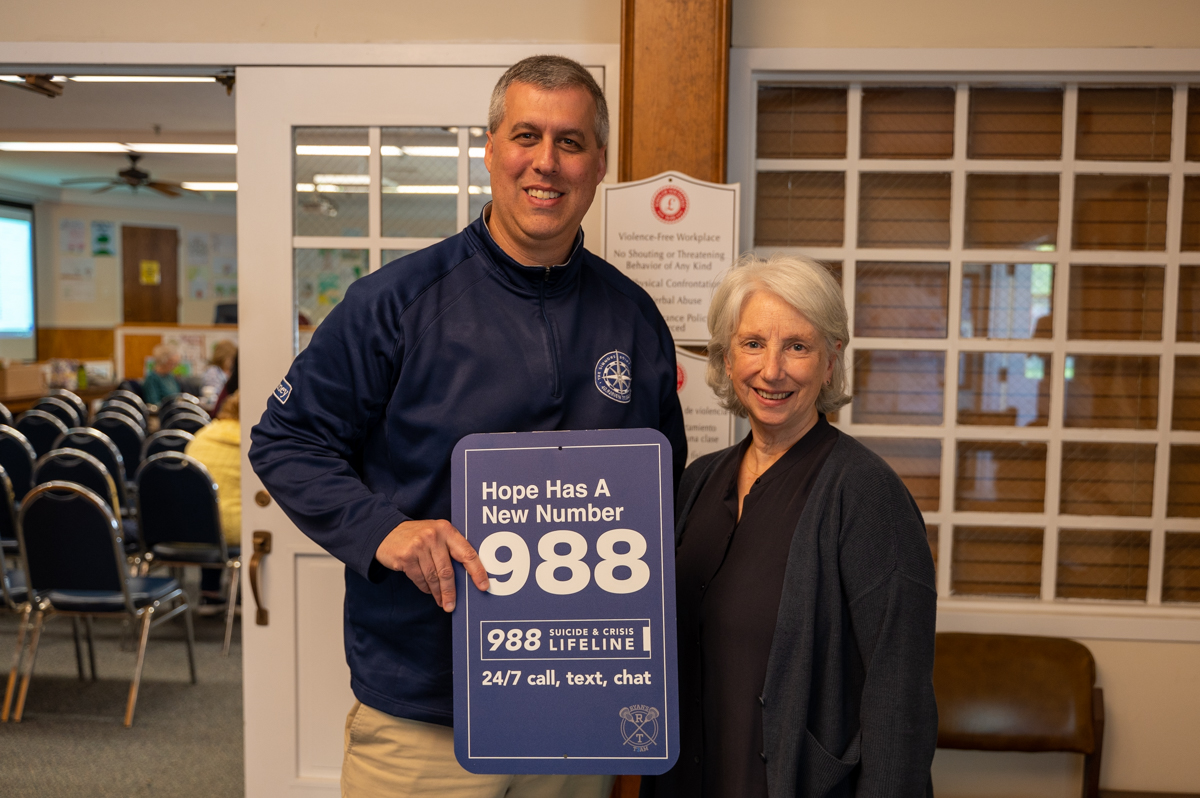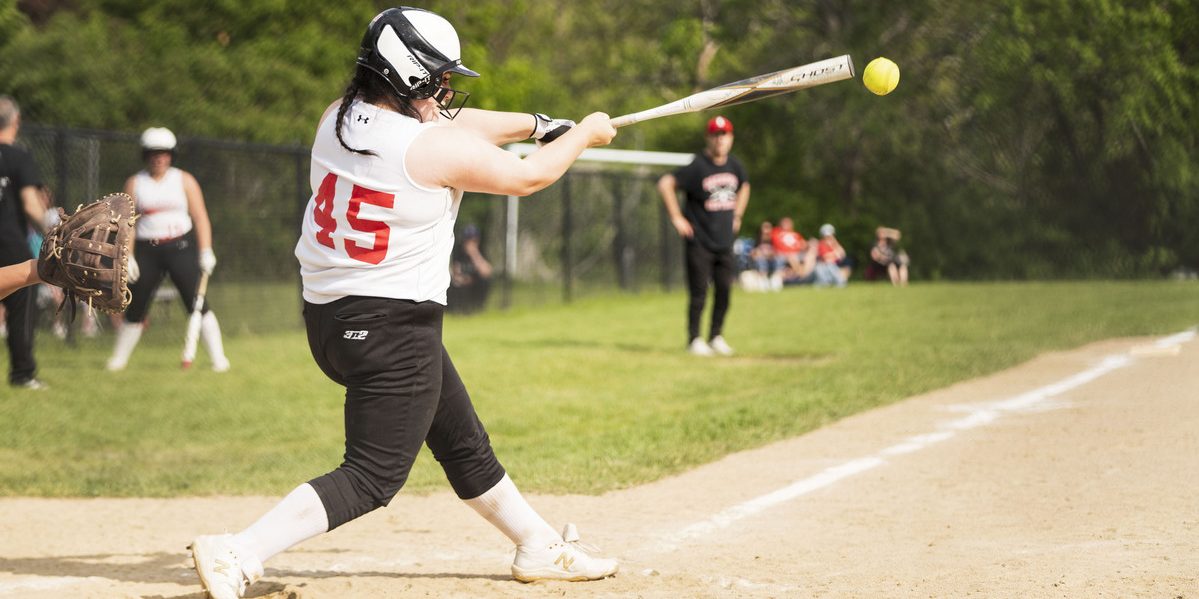Bakhmut, Ukraine
CNN
—
The shelter was jammed with people on the eve of Orthodox Christmas.
Some were trying to warm up around the wood stove after traveling in the freezing drizzle. Others lined up for a cup of hot coffee and biscuits. Under the Christmas tree lay a tangle of wires charging mobile phones.
There has been no electricity, running water or cell phone service in Bakhmut, in eastern Ukraine’s Donbas region, for months.
This shelter, with a generator, a wireless router connected to a satellite link up, offers hot food and drinks, medicine, and equally important, volunteers with a sympathetic ear. It’s an oasis of comfort in a frigid landscape of danger, destruction and deprivation. Roughly 40 to 50 people were there when CNN visited.
Tetyana Scherbak, a volunteer in a bright green high visibility vest, hustled about that Friday, stopping to speak to an elderly woman hunched over in front of the stove, coaxing a chuckle from another.
“Unfortunately, I am not the sun and I can’t illuminate and warm everyone. I try to listen to them. I know many of their stories. I try my best,” Scherbak told CNN. But she can only do so much.
She did manage to coax a broad smile from 9-year-old Vlodymyr, the only child in the shelter, with a bright orange and green octopus she gave him from a shelf of toys and games.
“The entire roof has already been blown off our house,” he told CNN with the matter-of-fact tone of voice you might expect from a war veteran. “We have already had two hits.”
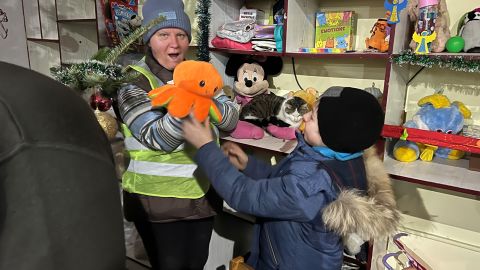
He said he spent the evenings playing cards with his mother, Lidiya Krylova.
Unlike the 90% of the original inhabitants of Bakhmut who have left, according to the head of Bakhmut City Military administration, Krylova and her family have stayed behind in the city, which has been at the center of fierce fighting between Ukrainian and Russian forces in recent months.
“Here is our home, our homeland, my parents, acquaintances and friends,” Krylova said of her decision to stay.
The volunteers had laid a table with small cakes, biscuits, apples, oranges and candy. Between the dishes of food were small cardboard Christmas trees. People gathered round the table.
“We wish each of you salvation and peace,” Scherbak told them. “We want to give you a bit of warmth and comfort. We wish you a Merry Christmas as best we can. Please come and treat yourself.”
A brief commotion followed as everyone grabbed what they could. Within less than a minute, the table was empty.
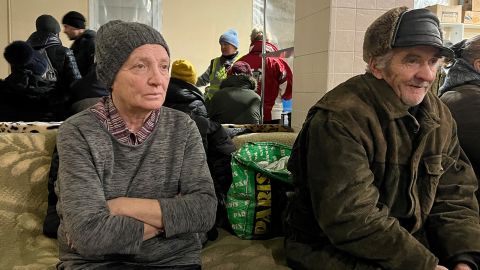
Andriy Heriyak watched it all from in front of the stove. A veteran cameraman for a local television company, who is now retired, he recalled happier Christmases past.
“It’s so sad,” he said. “Sad, sad day.”
As the day progressed, temperatures dropped below freezing. Heavy snowflakes fell from the leaden sky. And all the while, the thud of outgoing and incoming artillery and rockets, and the intermittent hollow rattle of small arms fire, could be heard.
Barely a soul ventured out. We came across a shepherd herding his flock through a park. His face hooded against the cold, he stooped to pick up chestnuts from the snowy ground.
Further down the road, soldiers scrambled between buildings with crates of ammunition.
The shelling went on. Russian President Vladimir Putin last week proposed a 36-hour truce over Orthodox Christmas but the unilateral move was dismissed by Kyiv as “hypocrisy.” Ukrainian officials said a string of Russian missiles were fired during that period.
As darkness gathered Friday, the CNN crew found cover in a basement where three of the last seven doctors still in Bakhmut were preparing their Orthodox Christmas eve dinner.
They moved down here there months ago. As bomb shelters or basements go, theirs is surprisingly comfortable. Each end of the basement is partitioned off to make separate bedrooms. A generator provides power, and a wood stove warmth. They’d set up a Christmas tree in the corner, complete with colored lights.
Tarpaulins from the UN refugee agency, UNHCR, covered the cold concrete walls.
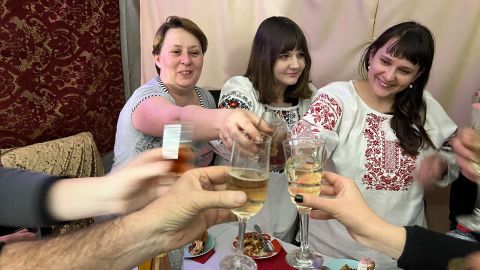
Neurosurgeon Elena Manukhina has seen up close the toll the war raging around Bakhmut has taken. “It has changed a lot in the people here. They’re worried, they’re rethinking their lives. The war has caused a change in people’s psyche and health,” she told CNN.
We joined the doctors for dinner. They toasted the holiday with Ukrainian champagne and fiery cognac, but the mood was subdued.
Elena Molchanova, a specialist in infectious diseases, was the most animated at the table, trying to raise spirits.
But even she flagged. “I feel pain,” she said, her eyes misting up, “because I can’t be with my family. I can’t sit at the same table with my mother and daughter.”
The CNN crew spent the night in a separate room in the basement. The doctors provided us with a tarp to cover the concrete floor, mattresses and firewood for a stove in the corner. Throughout the long night, shelling rumbled in the distance.
Then, Orthodox Christmas dawned in Bakhmut with clear blue skies and bone-chilling cold.
And the bombardment went on.

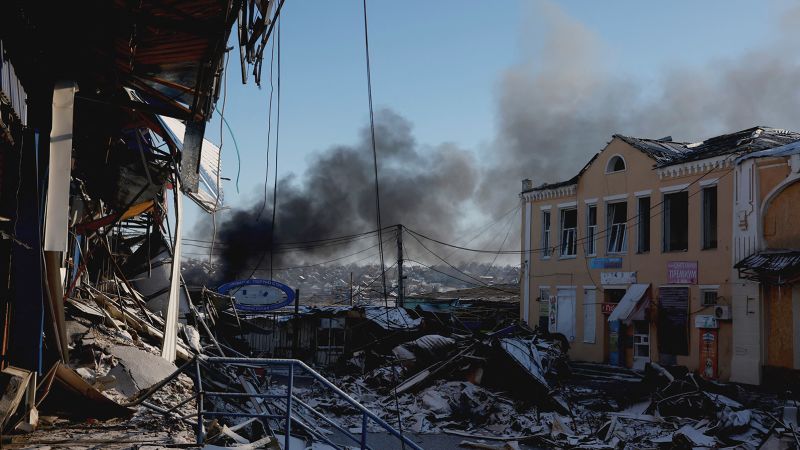
 news
news 
